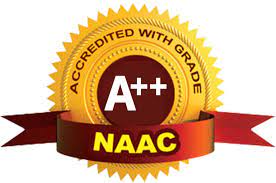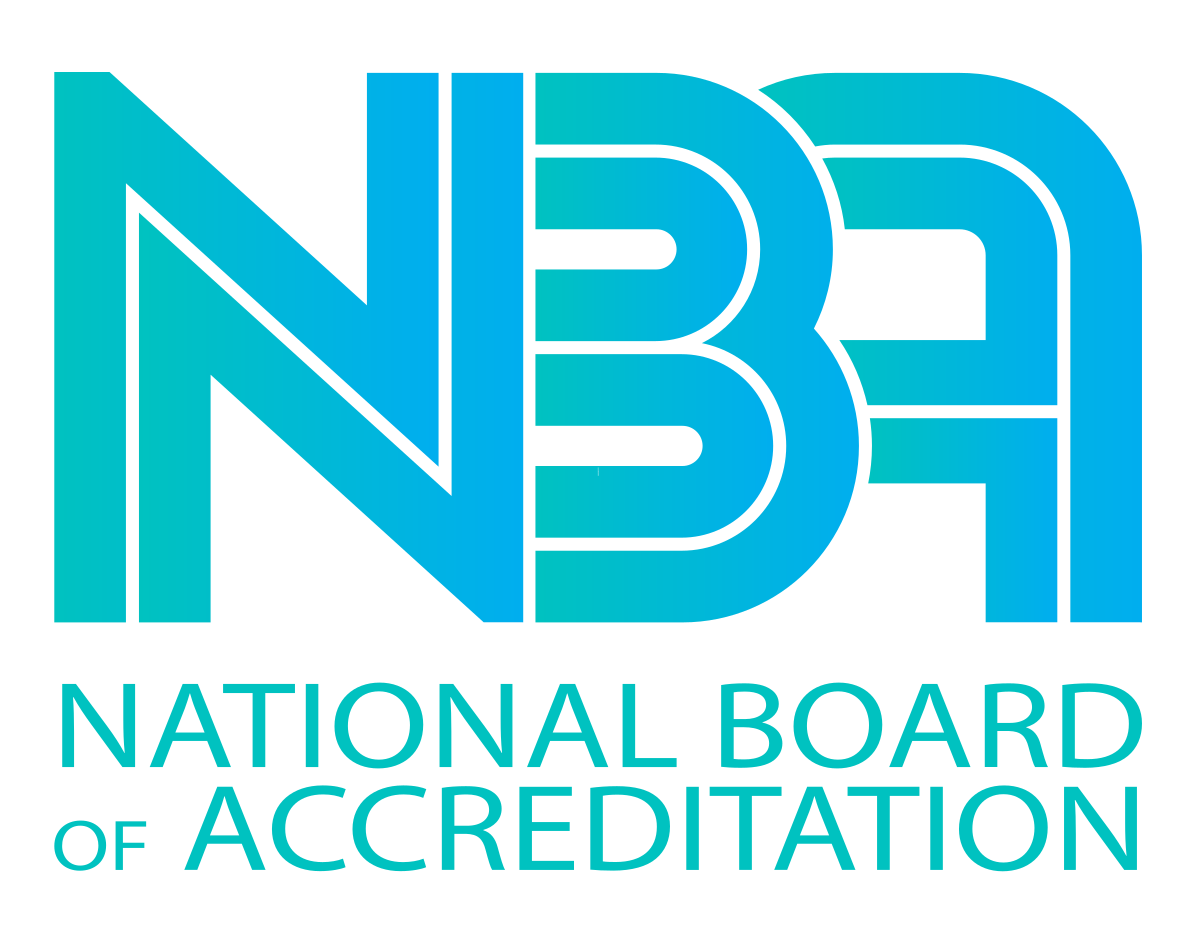 Counselling Code: 2726
Counselling Code: 2726



DEPARTMENT of mechanical engineering
PROGRAM EDUCATIONAL objectives
PROGRAM EDUCATIONAL OBJECTIVE 1
Graduate will be capable of applying the skills of basic science, mathematics, and engineering for their successful professional career.
PROGRAM EDUCATIONAL OBJECTIVE 2
Graduate will design and conduct experiments, interpret, analyze and communicate effectively for the real life problems.
PROGRAM EDUCATIONAL OBJECTIVE 3
Graduate will apply the state of the art tools, technologies and interdisciplinary knowledge to bring enhancements in the society.
PROGRAM EDUCATIONAL OBJECTIVE 4
Graduate will possess the qualities of self-learning, team work, ethical conduct and entrepreneurial spirit.
OUR
PROGRAMME SPECIFIC OUTCOMES
PROGRAM SPECIFIC OUTCOME 1
- Apply engineering knowledge and design & analysis tools to solve problems in the domains of structural, thermal and fluid mechanics.
PROGRAM SPECIFIC OUTCOME 2
- Engage professionals in industries or as an entrepreneur by applying manufacturing and management practices.
